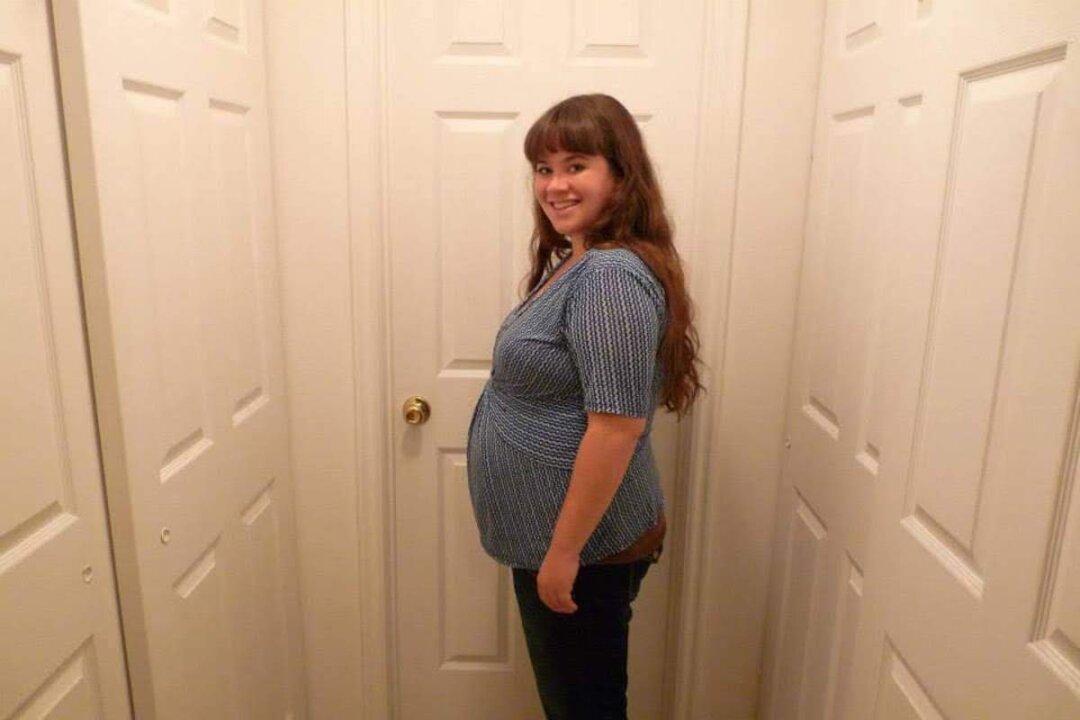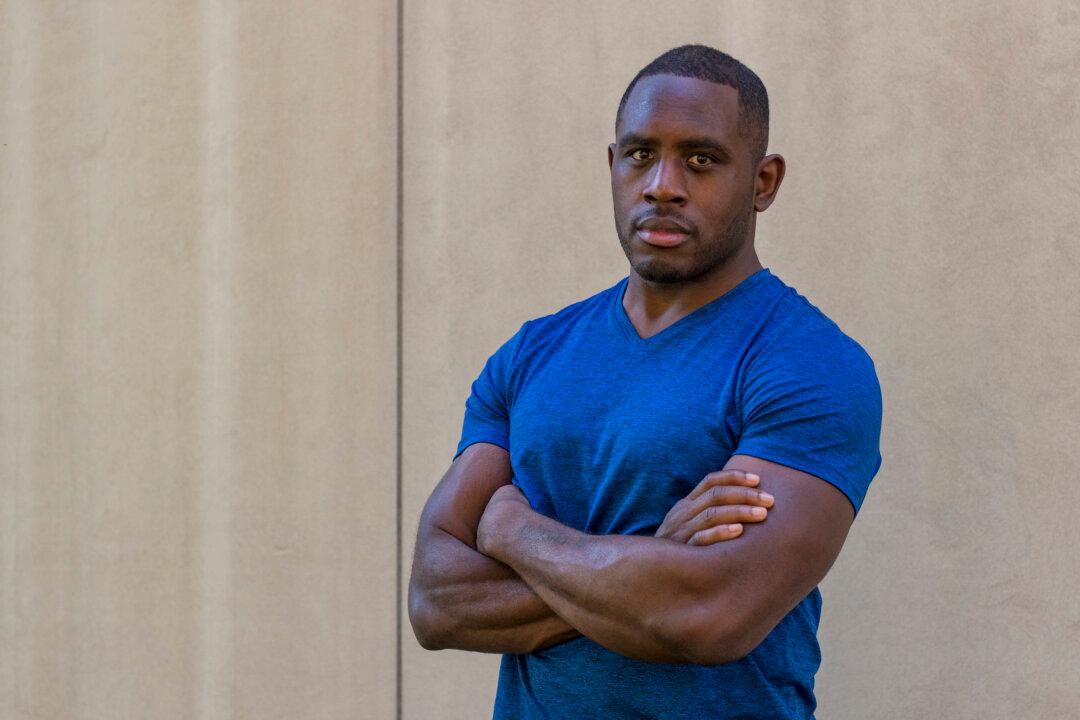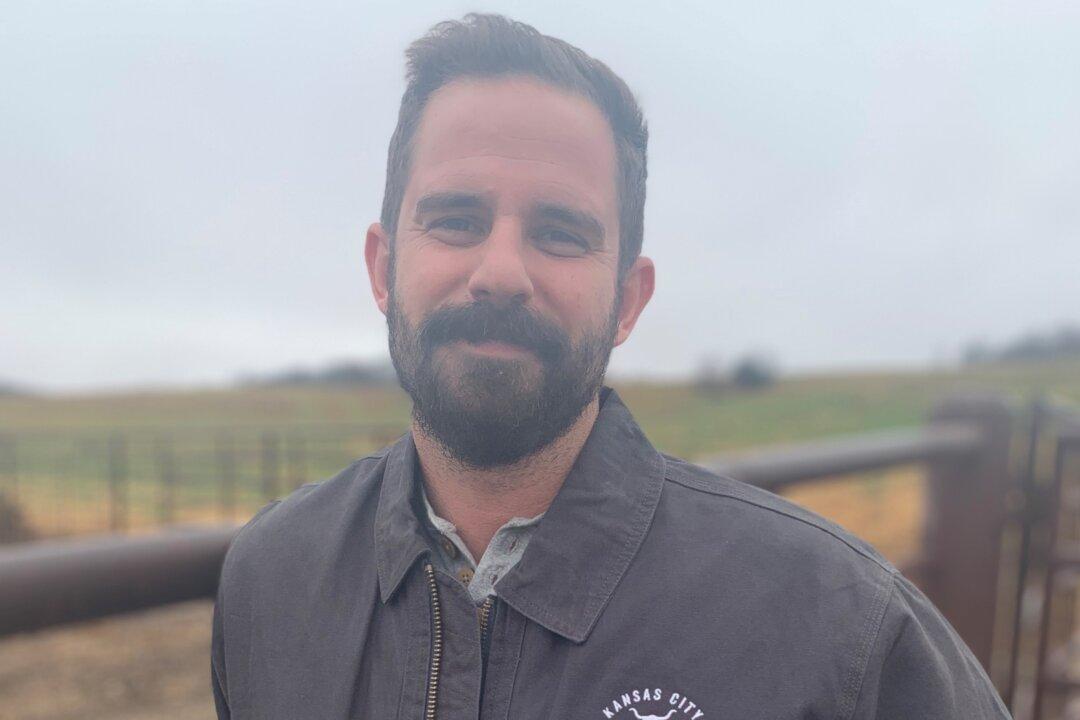Many women and men dream of having children, but unfortunately sometimes a couple can have difficulty conceiving. Emily Adams and her husband tried desperately to become pregnant, but over time their prospects became less and less likely. In an effort to help other women who are struggling to conceive, Adams embarked on a literary journey to help women and be a voice for those struggling with infertility.
Emily Adams is 32 years old, and lives with her husband in Junction City, Kansas. She and her husband got married when they were both 21 years old. In fact, both she and her husband were born on the same day and the same year.






